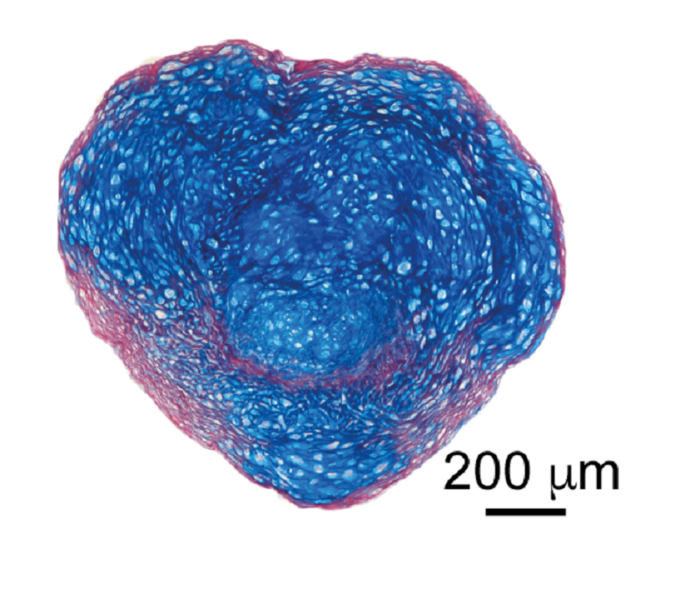First bone organoid sheds light on rare disease of children. Hurler syndrome, which affects one in 100,000 children in Europe, is caused by the mutation of a gene.
It is unable to produce an enzyme responsible for the disposal of certain sugars. The resulting accumulation of these molecules damages all organs and tissues, and in particular the bones, which are also those most resistant to the therapies available today. The study opens up the possibility of using similar organoids to understand the mechanisms of other genetic pathologies and to test more effective therapies.

